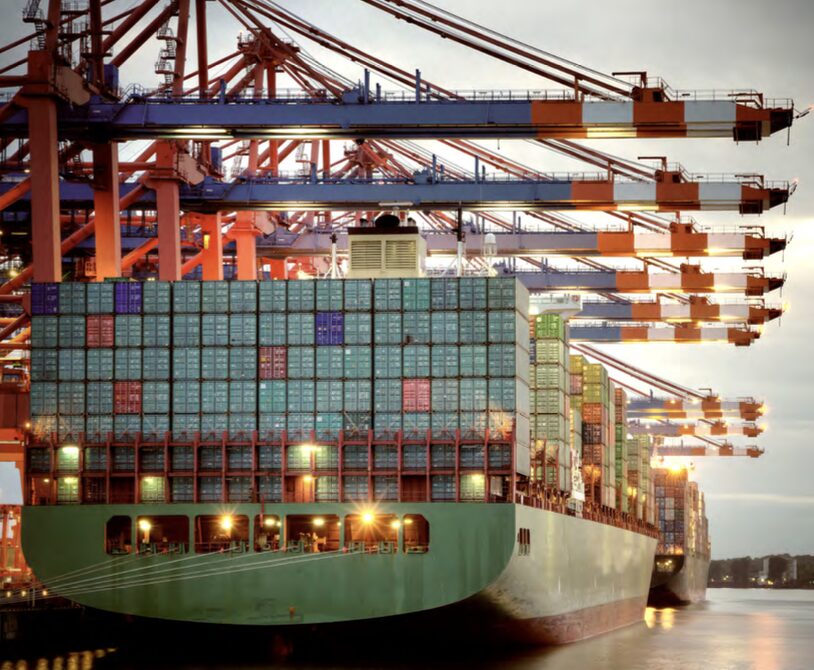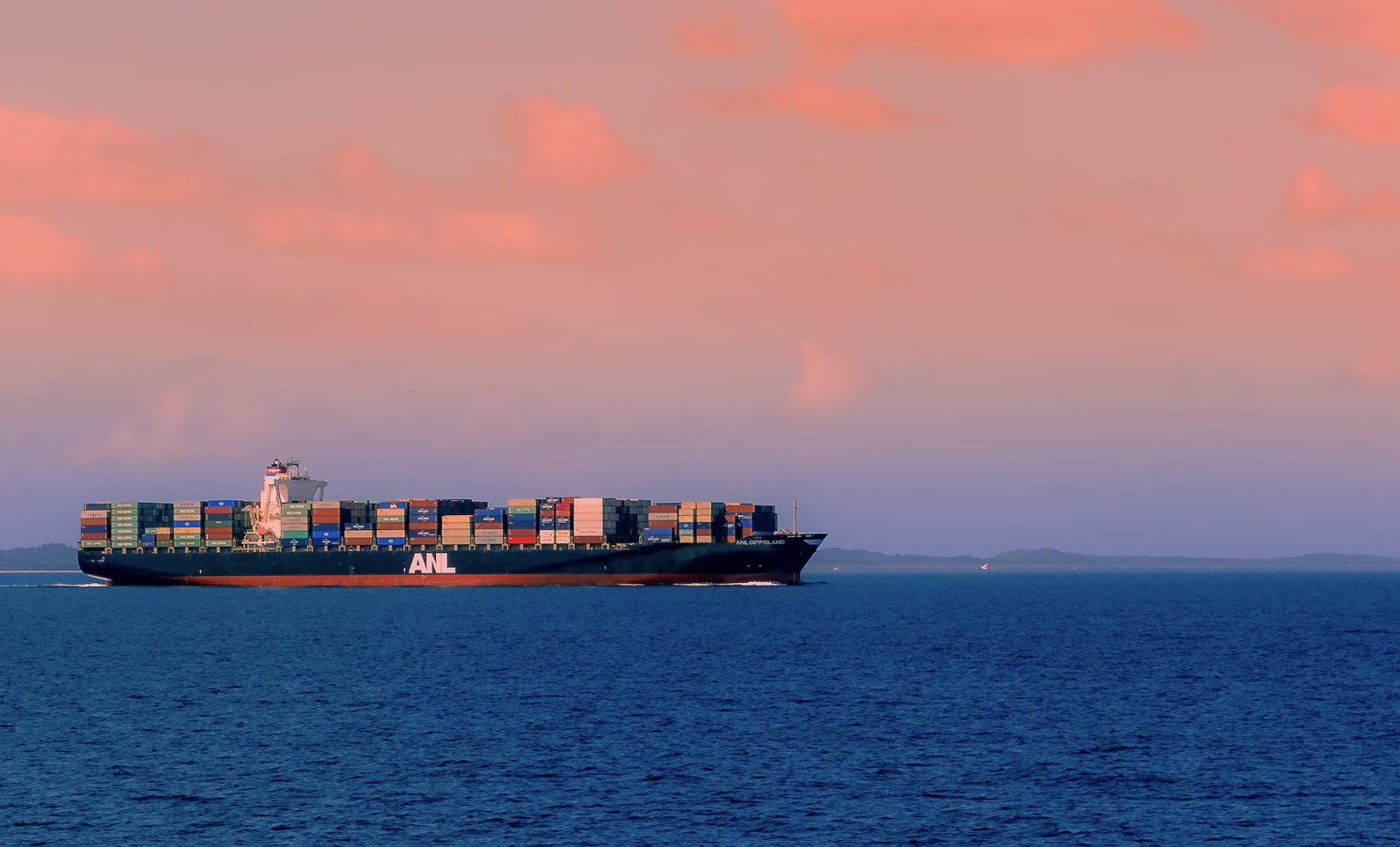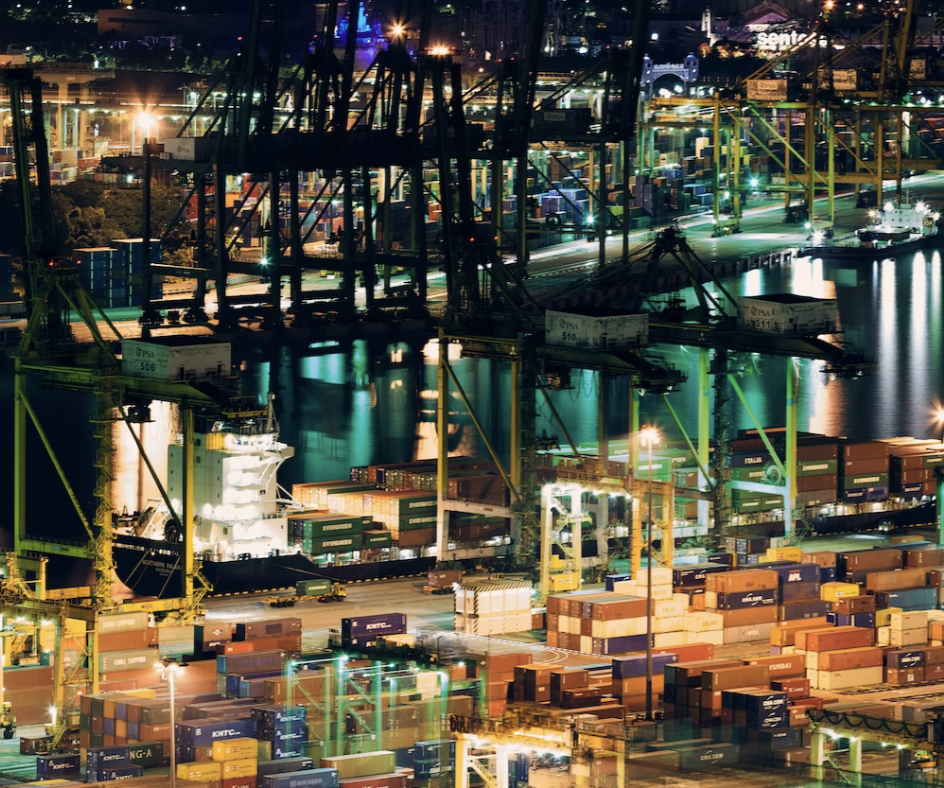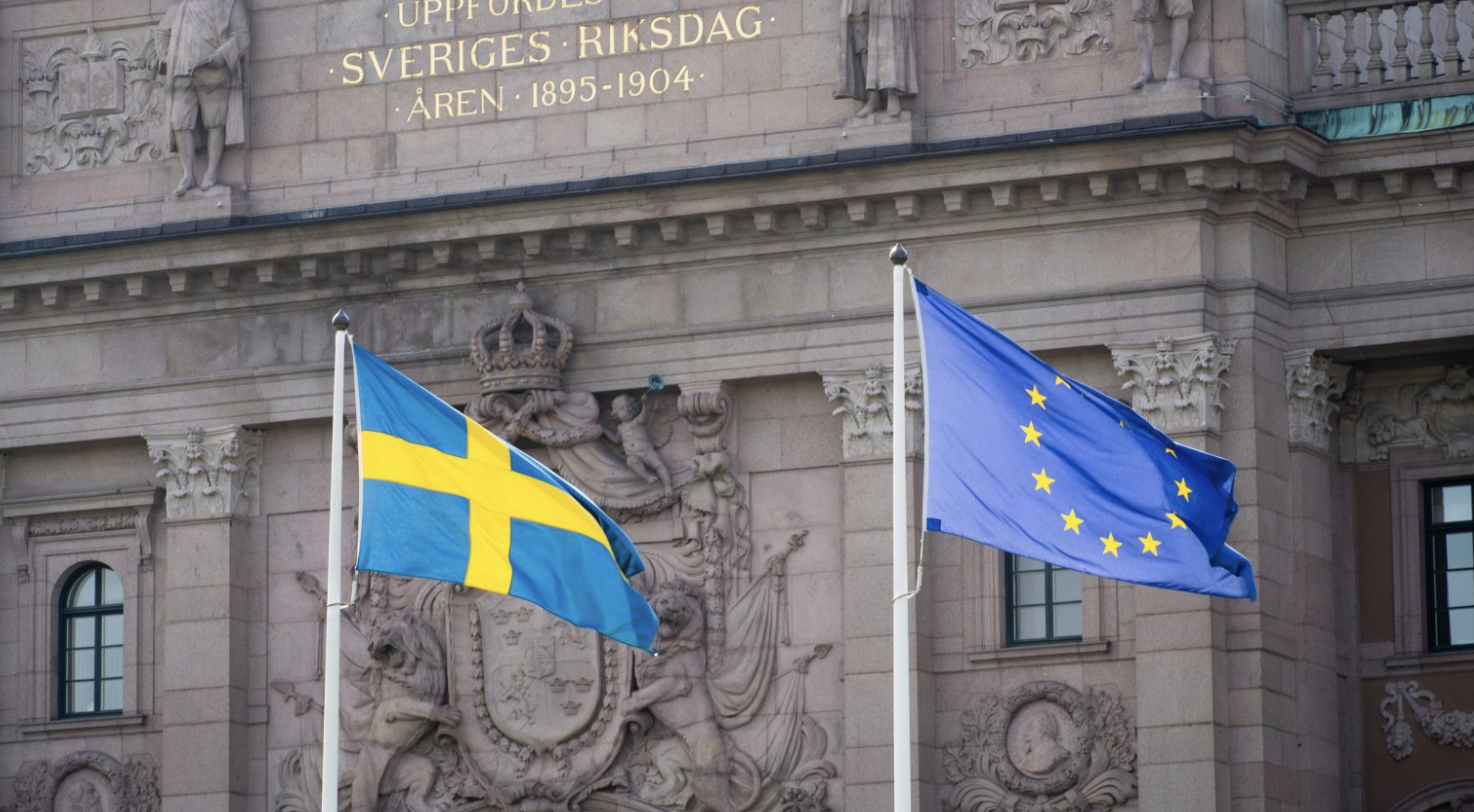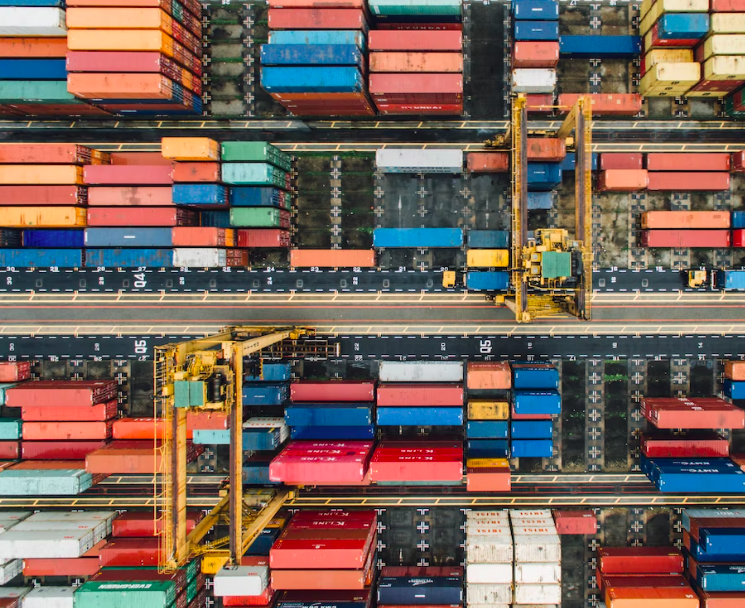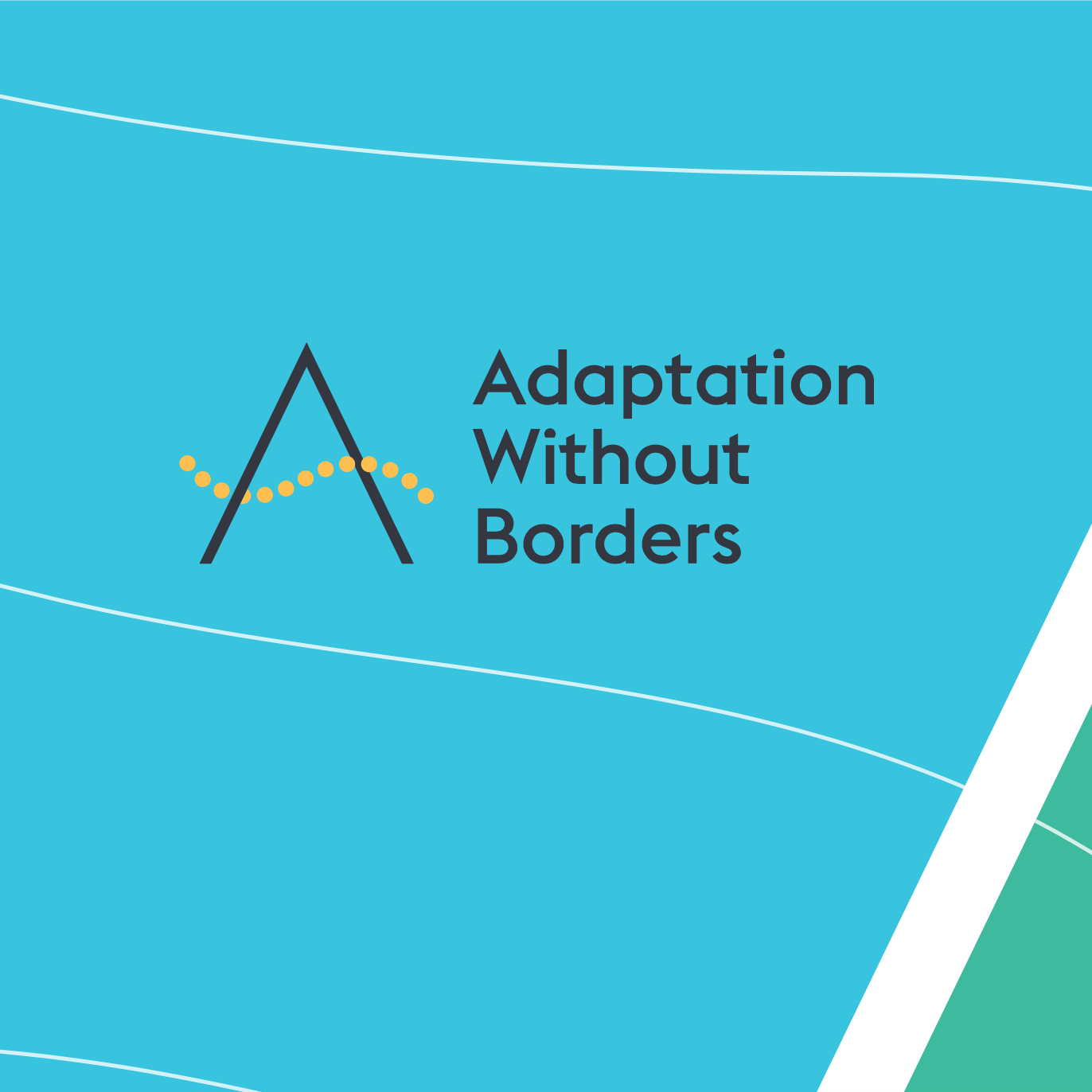trade policy
White Paper on European Climate Risk and Trade in Europe
This Adaptation Without Borders white paper explores the main barriers that are currently hindering business actions on adaptation and the role of public policies in creating an enabling environment that will accelerate investments in adaptation solutions and scale up their deployment.
New risk horizons: Sweden’s exposure to climate risk via international trade
Learn about Sweden's place in the global trade system in this SEI report. The study applies innovative multi-method approaches to identify and assess transboundary climate risks facing Sweden via its international trade links.
Policy discussion brief: the role of businesses in climate adaptation
Discover key considerations and opportunities for business-led adaptation, and learn about the enabling role of governments, international agreements and the financial sector in this policy brief.
Dispatch from the Climate-Trade Nexus
Learn about the transboundary impacts of climate change from an international trade perspective, and discover how trade policy can play a crucial role in advancing climate adaptation.
Four ways to step up environmental ambitions during Sweden’s EU presidency
Explore four specific propositions for the incoming Swedish government to consider as it develops Sweden’s priorities for the presidency in this opinion piece. These cover the energy crisis, green trade, transboundary climate impacts, and consumption-based emissions.
The European Climate Risk & Trade Policy Programme
Learn about the European Climate Risk and Trade Policy Programme's aims and objectives to create a robust evidence base on how European trade policies and programmes can strengthen the resilience of Europe’s industries, trade linkages and global supply chain networks to cross-border climate risks.
Adapting to Transboundary Climate Risks in Food Trade
This event will explore how climate change creates risks for the global food system that interact with other drivers of instability to create major threats to food security worldwide.
The EU-Mercosur trade agreement: can a trade treaty be greened?
This blog post analyzes the conditions for a "greening" of the EU-Mercosur trade agreement compatible with both the legitimate expectations of civil society and the reality of trade negotiations.
Climate-resilient trade and production: the transboundary effects of climate change and their implications for EU member states
This brief provides an overview of the state of knowledge on transboundary climate risks in Europe, and explores how this knowledge could help Member States, businesses and the EU as a whole to advance climate-resilient trade and production.
